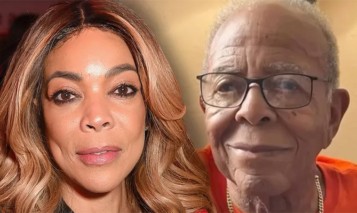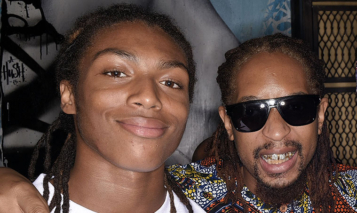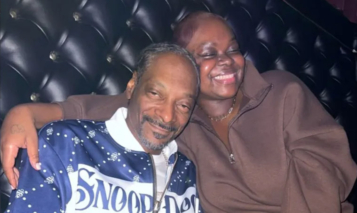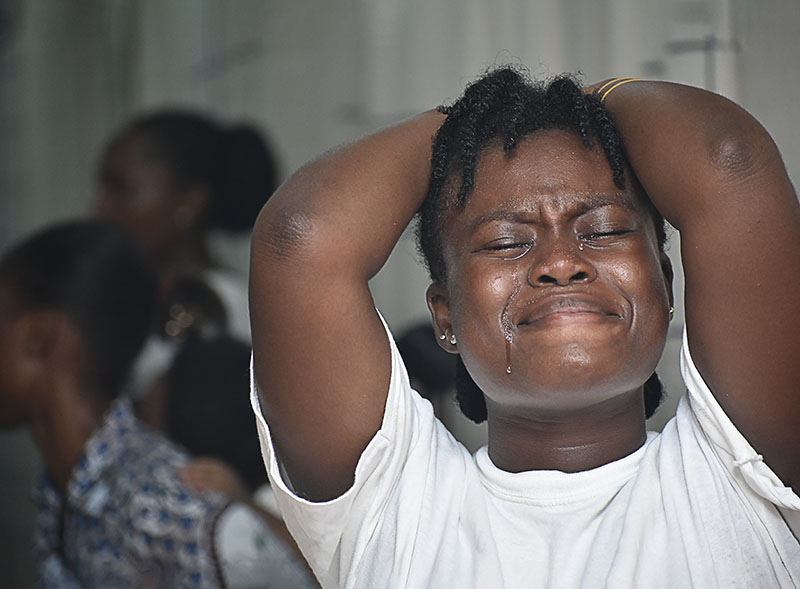
Families across America spent Thanksgiving with their loved ones. But for others grieving the loss of a loved one, the holidays can be overwhelming.
Coping with grief and depression is a bigger challenge during the holidays.
“If you’ve lost a loved one to COVID-19, you’re adjusting to a new way of life without that person,” Cassandra Godzik, associate dean and professor at the School of Nursing at Regis College, tells Health. “And the holiday season, which tends to be centered around our loved ones, will likely remind you of that loss.”
Godzik is a mental health nurse practitioner whose specialty is helping people cope with experiencing loss, grief, and bereavement.
“Even if you haven’t lost someone to COVID-19, all of our lives have been impacted in some way by the pandemic — whether you lost a job, took a pay cut, or you’ve had to compromise on your previous way of life in some way,” Godzik explains. “It’s all loss, which can feel especially difficult right now.”

“We’re conditioned to believe this season should be happy, cozy, and joyful,” Merryl Rothaus, LPC, a licensed professional counselor, tells Health. “So if we’re not feeling these things, we tend to think, There must be something wrong with me. And that tends to make grief feel even stronger.”
“In general, humans don’t like change,” Jill Dawson, LPC, a licensed professional counselor, tells Health. “In fact, most of us work really hard to avoid it because of all of the uncertainty that accompanies it. When someone dies, we’re thrust into needing to change—and that process is really uncomfortable.”
Dawson, whose mom died six months ago from ALS, will spend her first holidays without her. “Right now, my grief feels non-stop with little bouts of reprieve,” she says. “I’m already feeling under-resourced, and I know this first Christmas and New Year’s without my mom will force me to really feel into the pain of that loss.”
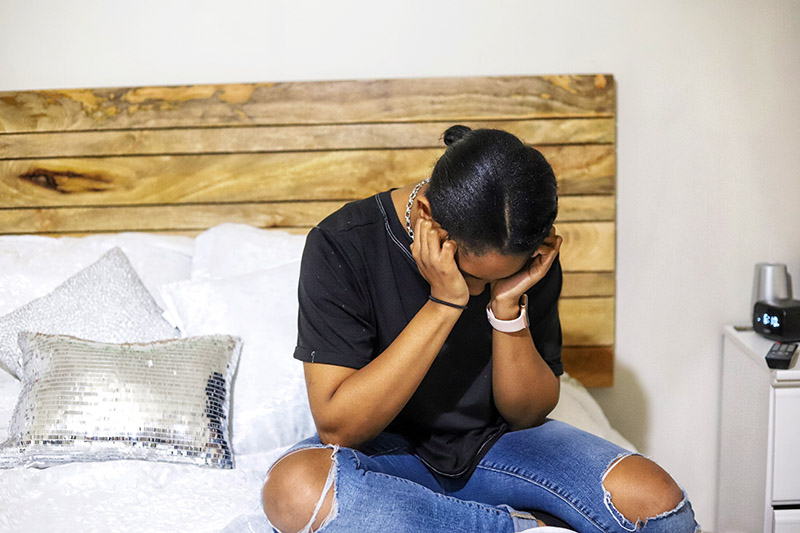
People who have not experienced a death in the family may still feel a sense of loss during the holiday. Not everyone is on good terms with family members.
The lack of communication or bad blood between family members can hit especially hard during the holiday.
“The holidays tend to shine a spotlight onto everything you don’t have,” Gina Moffa, LCSW, a New York City-based licensed clinical social worker, tells Health.
“Not everyone is on good terms with their family or there will be someone missing this year. COVID-19 came without warning and changed everything at once, and we’re still dealing with the trauma of that. Add to all of this the societal pressure that the holidays be ‘perfect,’ and it’s a recipe for misery.”
There’s no easy way to get through grief during the holiday. Mental health workers suggest giving yourself permission to cancel the holidays and make space for your grief.
“Meeting your pain rather than trying to extinguish it isn’t easy, but it is the way through it,” says Rothaus.
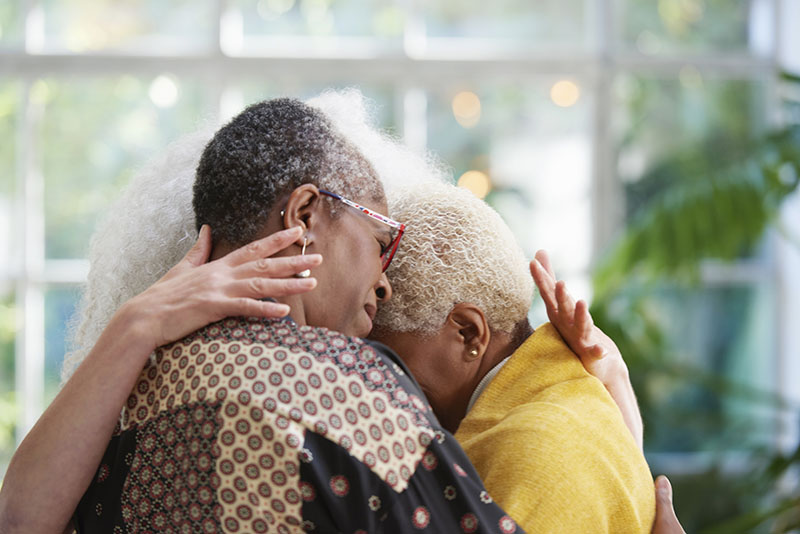
Support others who are grieving. Order a pizza and watch old movies together.
Dawson suggests connecting with people who love you.
“Reach out to a family member or a friend, not necessarily to talk about your grief but to simply be with other people. Lean on the support of a church community or therapist. Spending time with people who love and support you can feel like a healing balm that bolsters you through the holiday season and beyond.”


